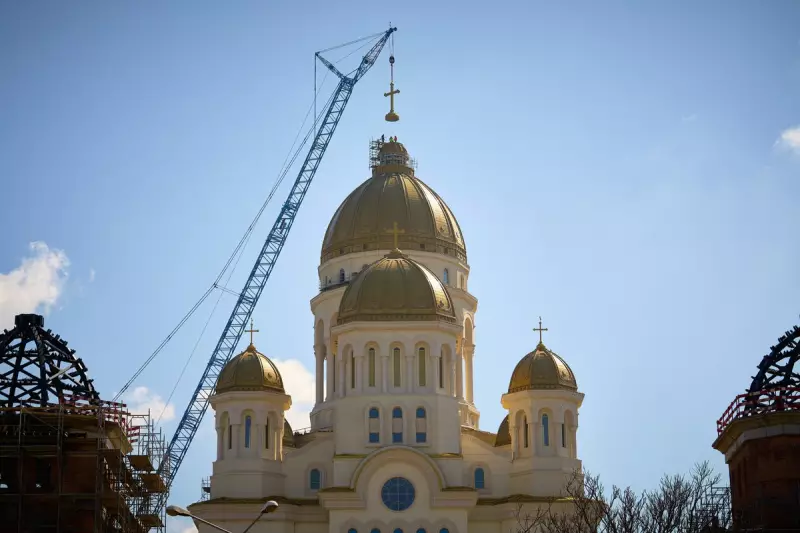
In a groundbreaking declaration that has sent ripples through Romania's religious and historical communities, the country's Orthodox Church has broken decades of silence to formally condemn the systematic destruction of churches under Nicolae Ceaușescu's brutal communist regime.
The Systematic Erasure of Faith
During the 1980s, Ceaușescu's government embarked on a ruthless urban transformation programme that saw entire neighbourhoods flattened and countless religious buildings demolished to make way for grandiose socialist projects. The most infamous of these was the colossal Palace of the Parliament, which required the destruction of approximately one-fifth of Bucharest's historic centre.
Church officials now reveal the staggering scale of devastation: at least 18 churches, monasteries and synagogues were either completely demolished or relocated during this dark period of Romanian history. Many more were simply left to decay or were repurposed for secular use.
A Long-Awaited Reckoning
The Church's statement represents a significant moment of historical reckoning, acknowledging the profound cultural and spiritual loss suffered by the Romanian people. For years, many within the religious community had maintained an uneasy silence about the communist-era persecutions.
"This formal condemnation marks a pivotal moment in Romania's journey toward confronting its painful past," explains Dr. Ana Popescu, a historian specialising in communist-era Romania. "The Church's willingness to openly address this systematic destruction helps heal deep wounds that have festered for generations."
Bucharest's Lost Architectural Heritage
Among the most significant losses was the 16th-century Albești Church, a architectural gem that fell victim to Ceaușescu's bulldozers. Other notable casualties included the Enei Church and the Sfânta Vineri Monastery, each representing centuries of Romanian spiritual and cultural heritage.
The Church's declaration comes as Romania continues to grapple with the complex legacy of its communist past, balancing modern development with the preservation of its remaining historical treasures.
This courageous stance by the Orthodox Church not only honours the memory of lost religious sites but also serves as a powerful reminder of the importance of protecting religious freedom and cultural heritage against ideological extremism.





